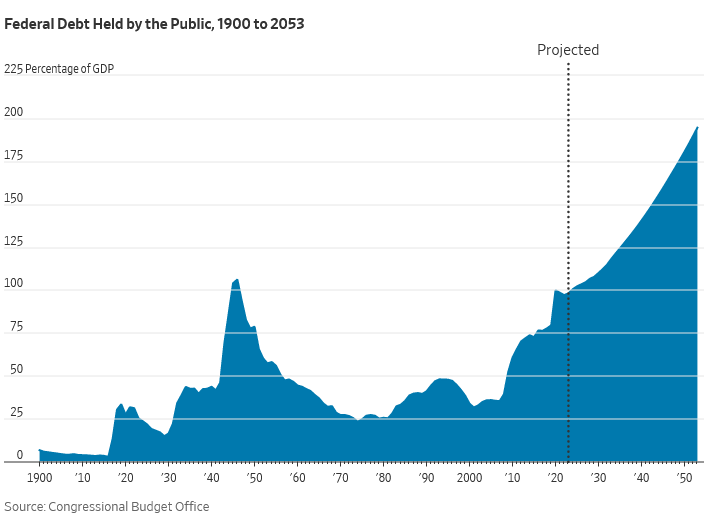…for State and local jurisdictions to stop taking government funds. This one is from HUD.
In proposed regulations that would touch any jurisdiction that accepts any sort of HUD funding, fair housing must mean a plan to “promote equity in their communities, decrease segregation, and increase access to opportunity and community assets for people of color and other underserved communities.”
Sounds reasonable.
However.
Those required to comply will include more than 1,200 cities and counties receiving HUD funding. All will be required to develop “equity plans.”
Such equity could mean anything from building low-income housing to redrawing school district lines for racial or socio-economic integration, all as assessed by the HUD bureaucracy.
Because folks moving from here to there still will be told, on arrival there, where they will be permitted to live and where their kids will be permitted to go to school and on and on—they’ll still be under government control. If they want, for good or bad reasons, to live with folks who look like them, or who share their values, or…, central government under these rules will not permit them that choice.
Racial discrimination in housing is pernicious, Husock concluded his piece (at the link). But he doesn’t go far enough in his conclusion. For Washington to invoke it to socially engineer neighborhoods across America is dangerous. No. For the Federal government itself to give special treatment to one group of Americans over other groups of Americans is especially pernicious racism.
This is another example of Federal government funds that are being transferred to State and local jurisdictions coming with strings attached, for good reasons or ill. Government strings only increase the central government’ ability to dictate terms to locals, to reduce our States to the same relationship to the central government as counties have relative to their States: merely convenient districts whose sole purpose is to enforce Federal law. That works for counties in States, but the structure of our system of federal government puts the States—individually as well as a group—on par with our central government on nationally domestic matters—and on higher authority on matters domestic to an individual State.
It is this federal republican structure, the role of our several States as [50] separate experiments in democracy, that string-loaded Federal funds transferred to States and locals so severely deprecates.

